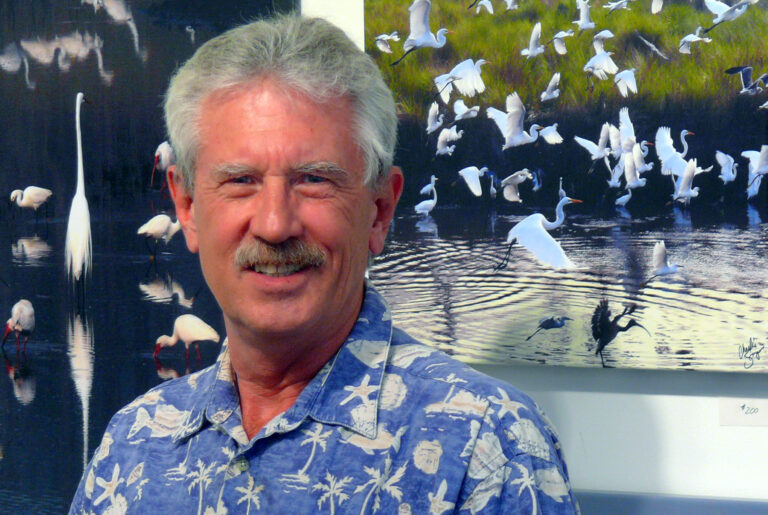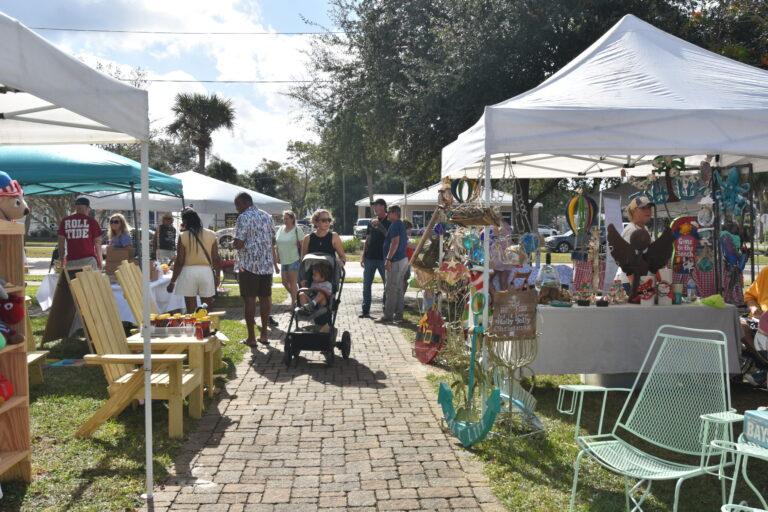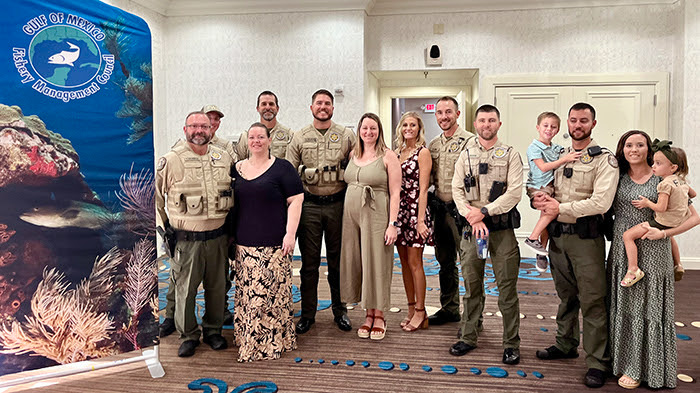Legacy Post Disclaimer
This is a #Legacy post imported from The Apalachicola Time’s previous platform. If you’re experiencing issues with this article, please email us at news@nevespublishing.com.
How grief programs help people
Its a Thursday afternoon and a group of strangers have gathered to talk about something personal, painful, and raw. I ask the group to share why they have decided to attend today. Nearly every response suggests a yearning to be understood; to be in the company of others who get it. As we close our first meeting, it feels as though the walls of the room have released a collective sigh; the type when you hadnt realized youd been holding your breath.
Grief will do that to you. It is traumatic, life-altering, and unforgiving. Grief is also a universal and inevitable part of the human experience
yet, it can feel incredibly lonely. Under normal circumstances, grievers may feel emotionally isolated. The added physical isolation due to a global pandemic has compounded the struggles faced by many. Being unable to say goodbye or hold the hand of a loved one due to COVID-19 visitation restrictions, the inability to honor or memorialize at a funeral, or to simply hug friends and family are just a few of the issues discussed during night one of our six-week grief support group.
Grief support groups are not suitable for everyone but have been found effective for many since they began over 50 years ago. These spaces can provide validation for people experiencing the physical, cognitive, emotional, spiritual, and social impacts of grief. At Big Bend Hospice Inc., our grief and loss counselors provide grief education and healthy coping strategies. The most valuable feedback often comes from the group members themselves. Whether its affirmations of support, brainstorms of ways to deal or simply sharing space, the new growing bonds between group members are precious igniters of hope and healing.
Groups are available to anyone living in the Big Bend Area (including Leon, Madison, Jefferson, Taylor, Wakulla, Franklin, Liberty and Gadsden counties) and are free of charge. An important distinction to consider is whether a group is closed or open. Closed groups have a clear beginning and end. They are comprised of the same participants at every session, although new members may be permitted to join through the second or third meeting. Open groups are just -that, open to new members at any meeting and are usually held on the same day and time of the month.
All Big Bend Hospice bereavement groups require prior registration and space is capped due to COVID-19 safety precautions. To learn more, visit bigbendhospice.org, or call (850) 878-5310 (for Youth Bereavement Services, call Katie at (850) 671-6094)
Big Bend Hospice has been serving this community since 1983 inspiring HOPE by positively impacting the way our community; Leon, Franklin, Gadsden, Jefferson, Liberty, Madison, Taylor, and Wakulla counties; experiences a serious illness or grief one family at a time. If you would like information about services, please call 850-878-5310 or visit www.bigbendhospice.org.




Meet the Editor
David Adlerstein, The Apalachicola Times’ digital editor, started with the news outlet in January 2002 as a reporter.
Prior to then, David Adlerstein began as a newspaperman with a small Boston weekly, after graduating magna cum laude from Brandeis University in Waltham, Massachusetts. He later edited the weekly Bellville Times, and as business reporter for the daily Marion Star, both not far from his hometown of Columbus, Ohio.
In 1995, he moved to South Florida, and worked as a business reporter and editor of Medical Business newspaper. In Jan. 2002, he began with the Apalachicola Times, first as reporter and later as editor, and in Oct. 2020, also began editing the Port St. Joe Star.